Guest Articles
This article has three objectives: to articulate the ethical imperative for photographers to broaden the dataset; to consider how to ethically make work about others using generative AI; and to problematise the speed of AI in a culture of productivity in which visual artists necessarily operate.
A reflection about dignity in dementia care and in photography of ill health. This essay was commissioned by The Lancet and based on my project Thanks, Gd.
While turning the camera inward may alleviate ethical qualms about positionality, photographing the people closest to us is not without ethical considerations. Seven photographers discuss the ethics of working on stories close to home.
What are the ethics of photographic collage? How can we navigate questions of authorship, (de)contextualisation, and aestheticization, especially when working with images of trauma?
The collective movement toward a more considered practice that puts an emphasis on respect, safety, and sensitivity toward the people in our images may feel threatening when we reflect on our past practice.
Over the course of the coronavirus pandemic so far, there have been many questions raised about what it means to visually represent a public health crisis ethically: What kinds of visual stories do we need?
In their second collaboration, Andrew Jackson and Savannah Dodd discuss the impact of the prioritisation of the white, male gaze, both for photojournalism and broader society.
In this article, Savannah Dodd tackle some of the challenges of informed consent in development contexts.
It is the broader socio-cultural context that shapes how we learn to value different ways of seeing. And it consistently puts white, male ways of seeing right at the top.
If we are going to use their picture, we must do the work that it takes to give them dignity in that process.
One of the most written about controversies of 2018 was Dreaming Food by Alessio Mamo. Here is a break down of the key points.
There is a difference between how we photograph people with a handheld camera and how we photograph people with a camera drone when it comes to accountability. Can the same regulations really govern the two?
The issue of consent is key across the photographic community. But development photography, in particular, presents a unique set of challenges because of the complexity of the subject/photographer relationship.
Despite the countless benefits that democratisation of photography can bring, we now also live in a world of “fake news”, photo manipulation, and the rampant circulation of images online without consent. How do we engage with this context, both as photographers and consumers?
The democratisation of photography and its increased use in social research represents an exciting opportunity for conducting and presenting research in new and innovative ways. It also, however, raises challenges.



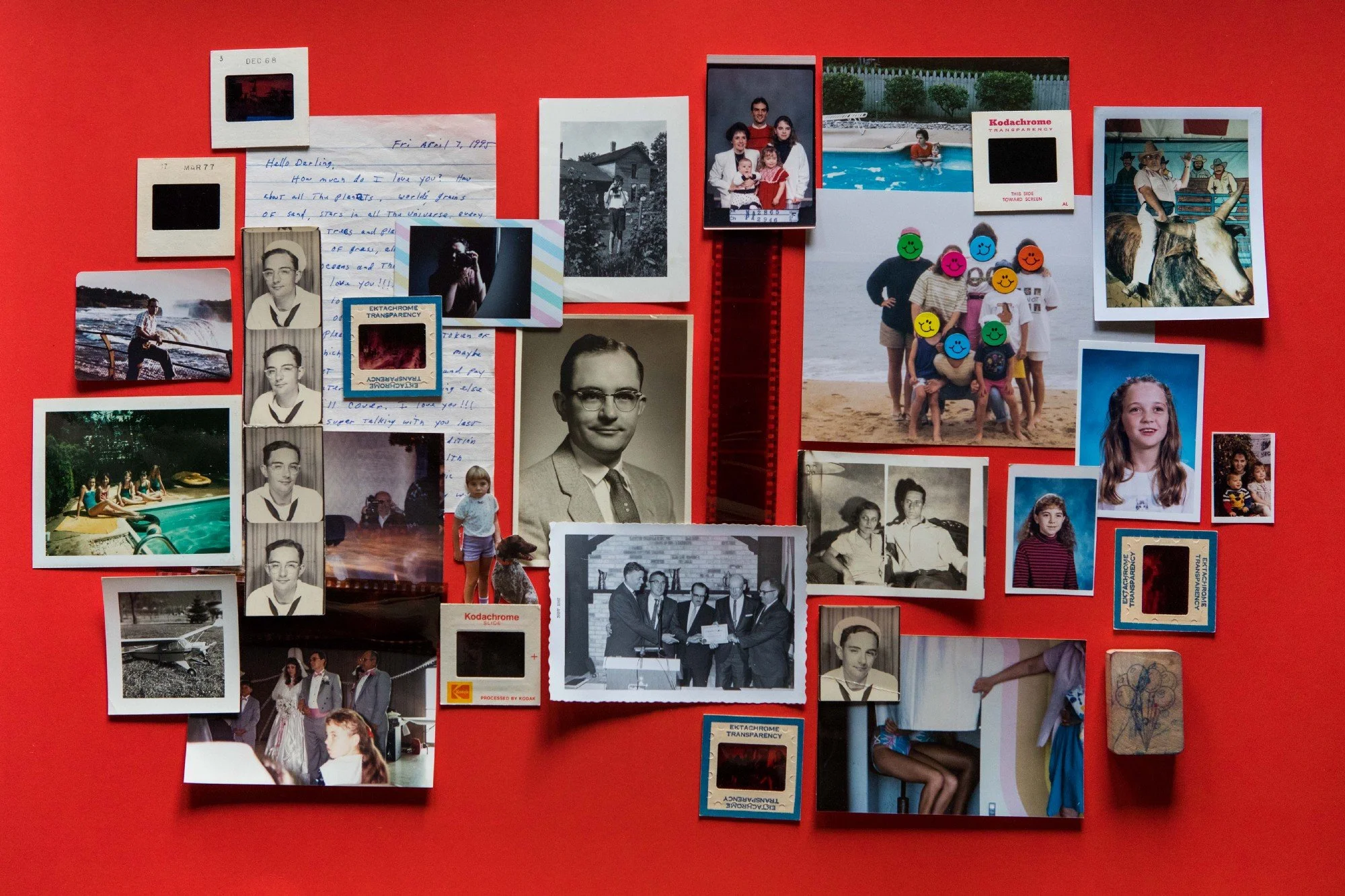
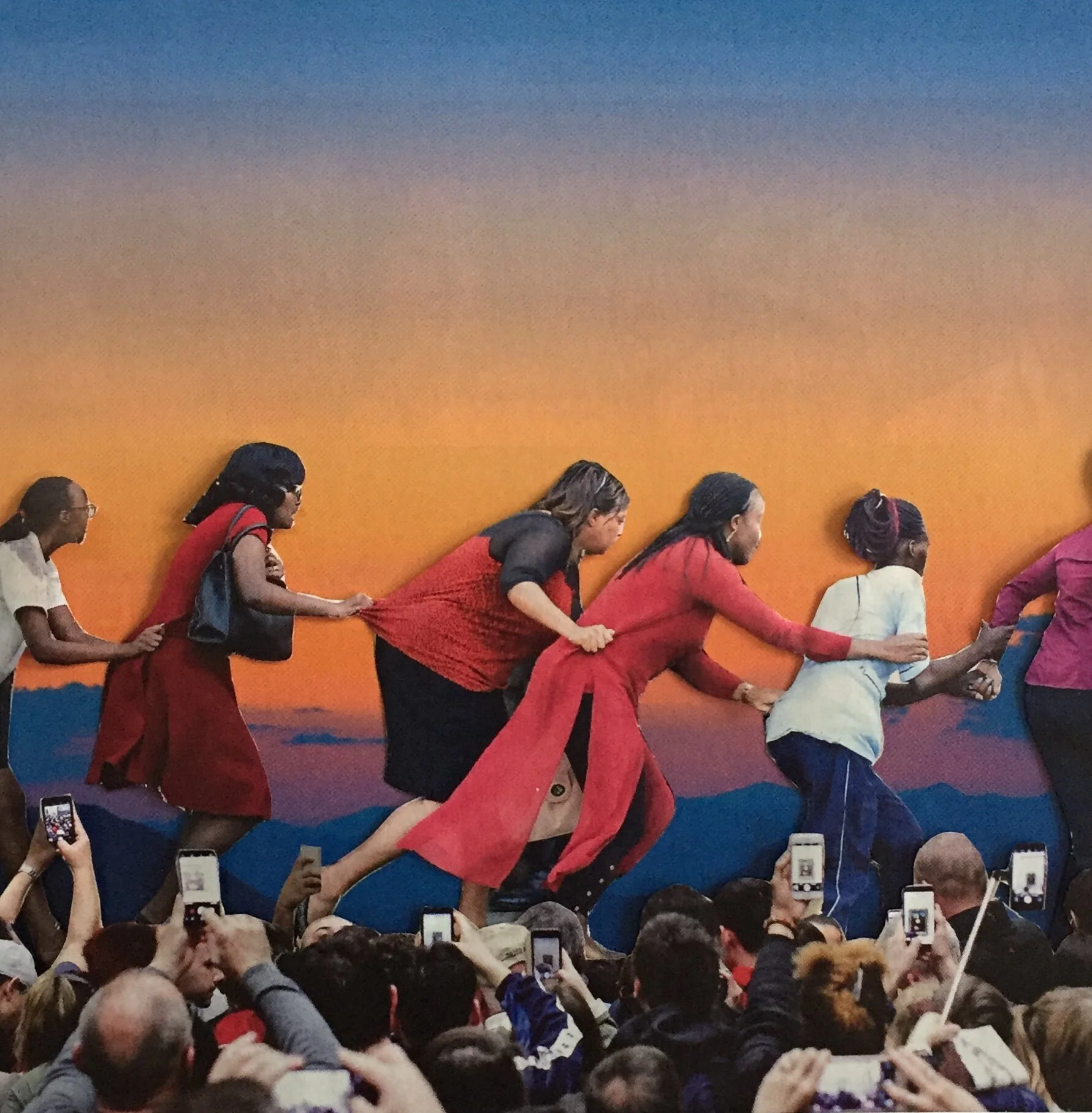


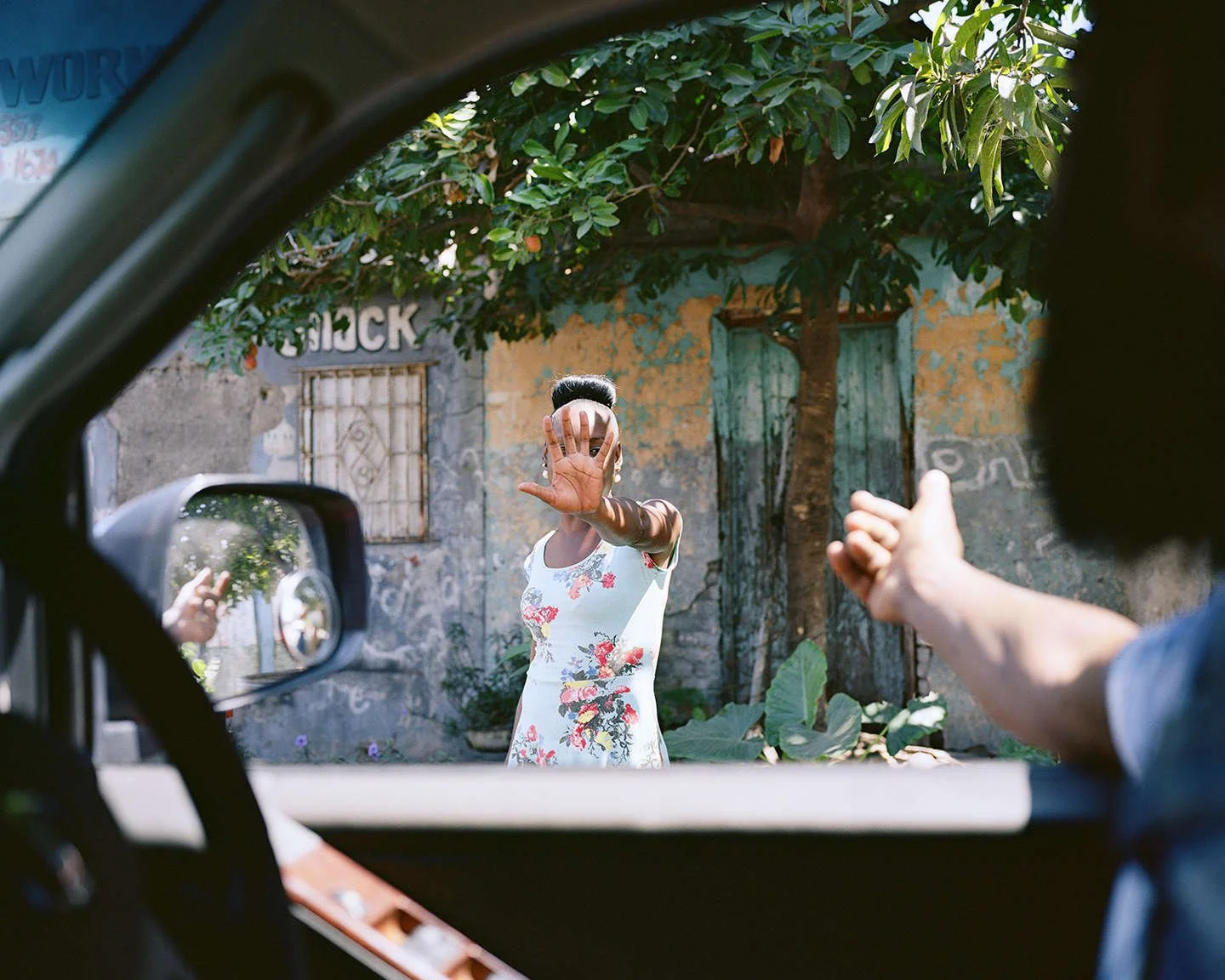
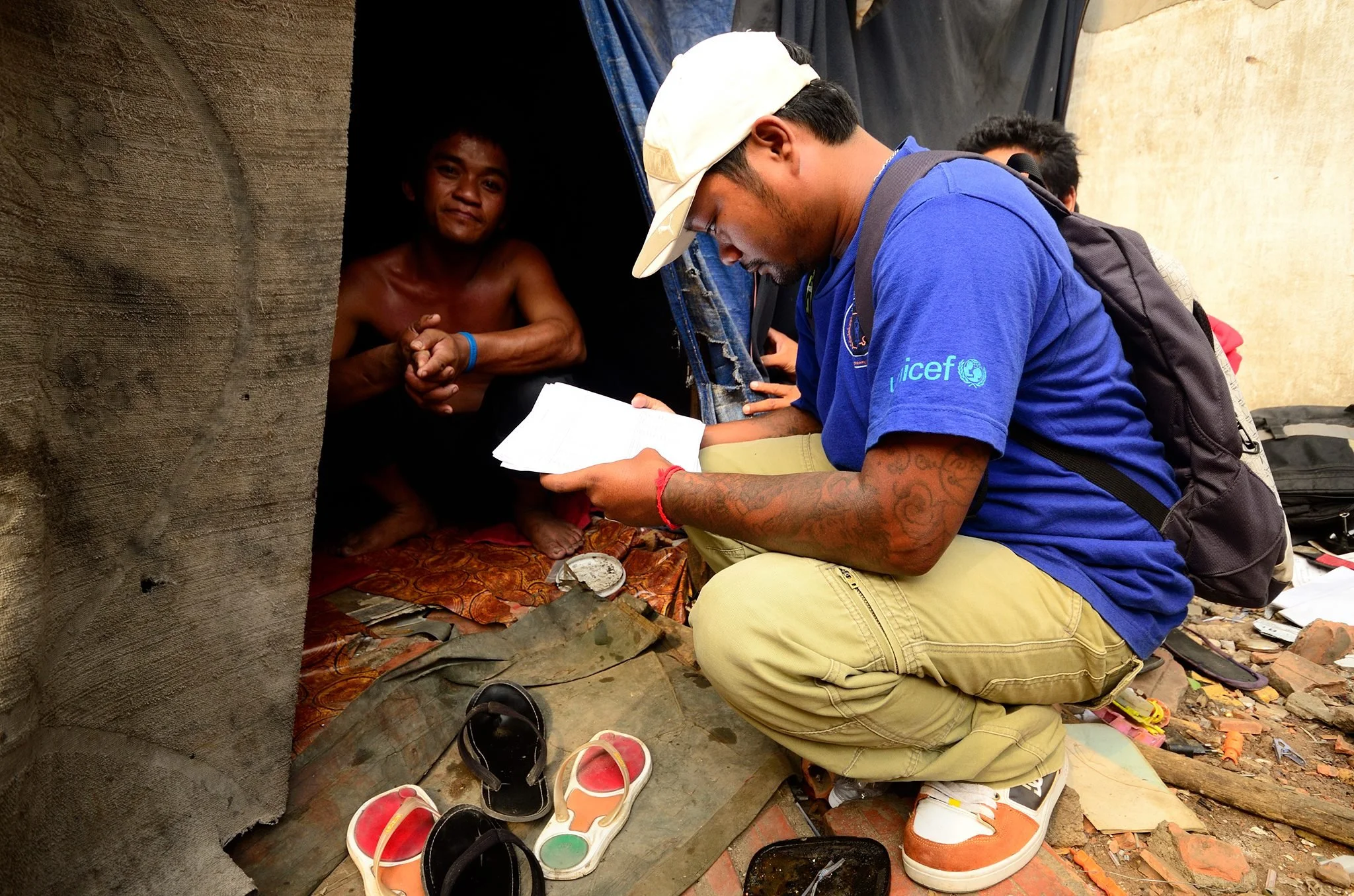

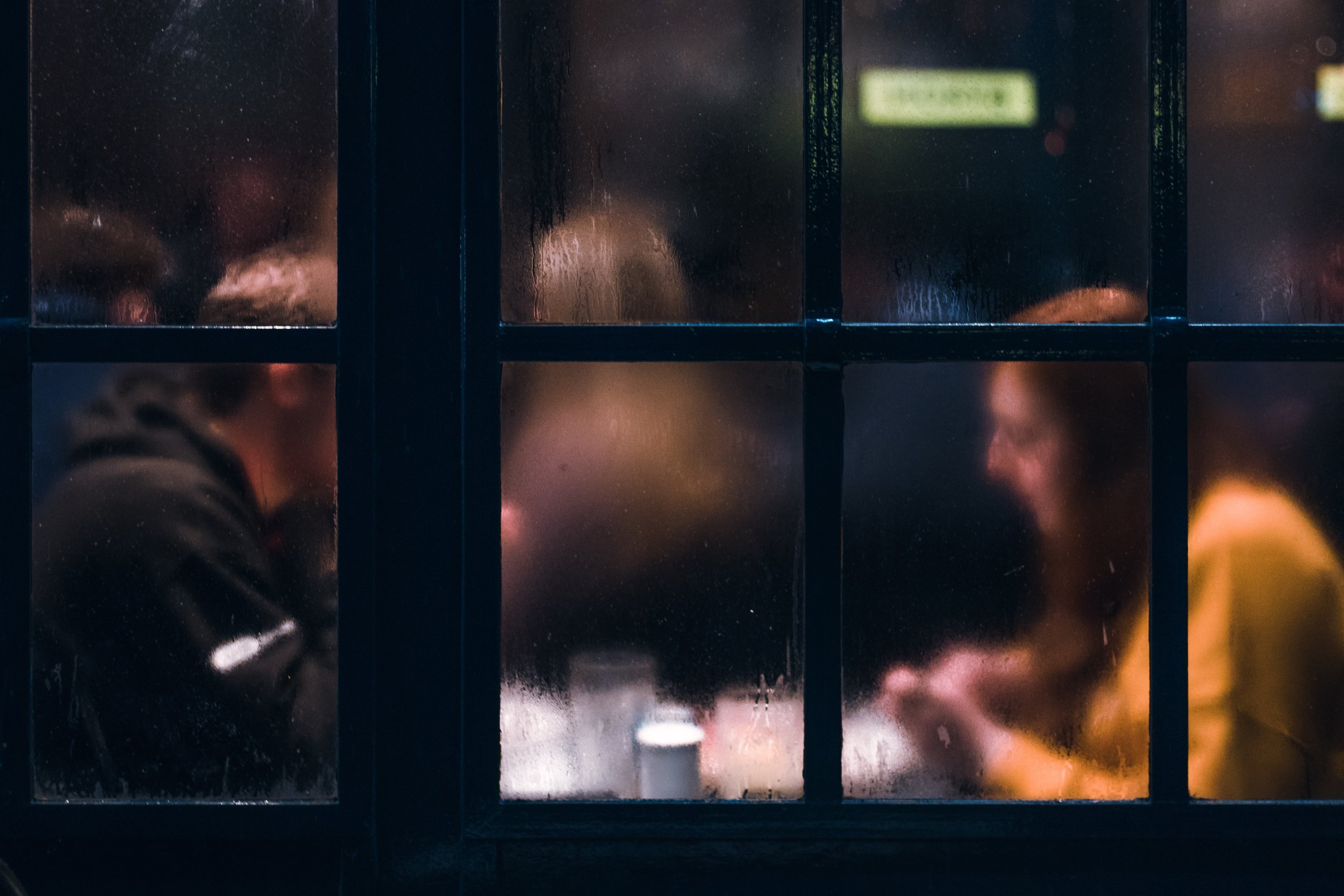
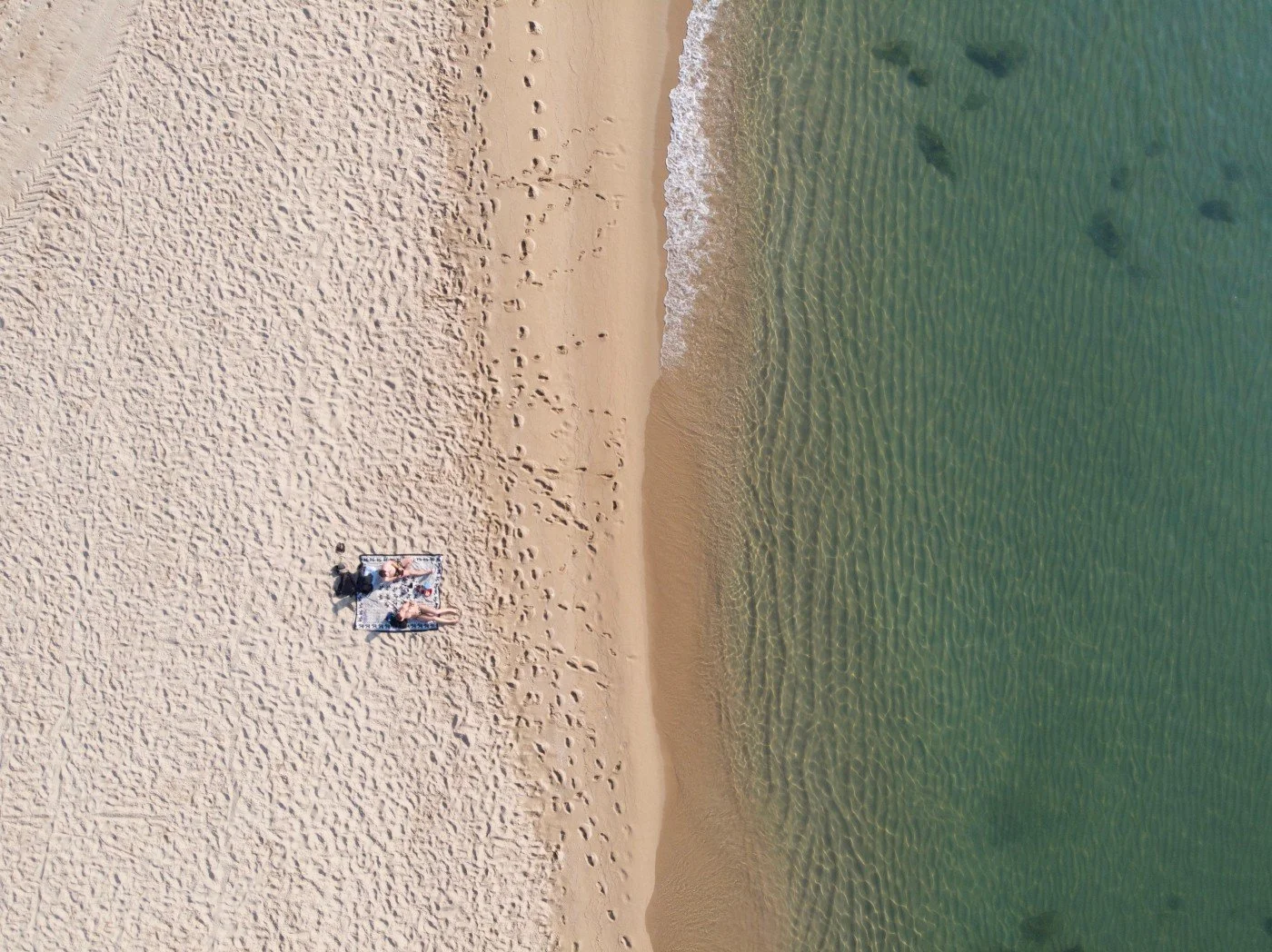
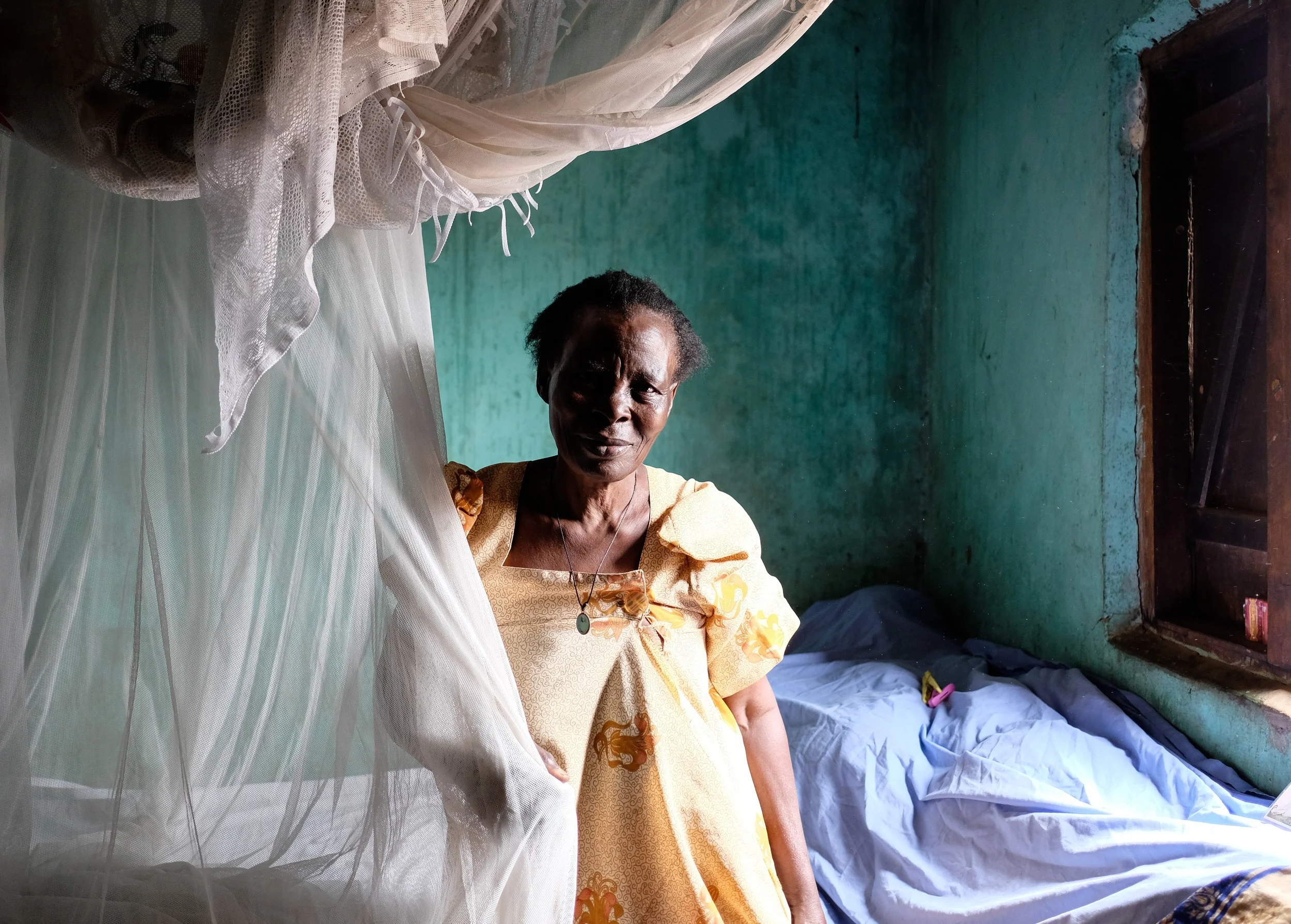
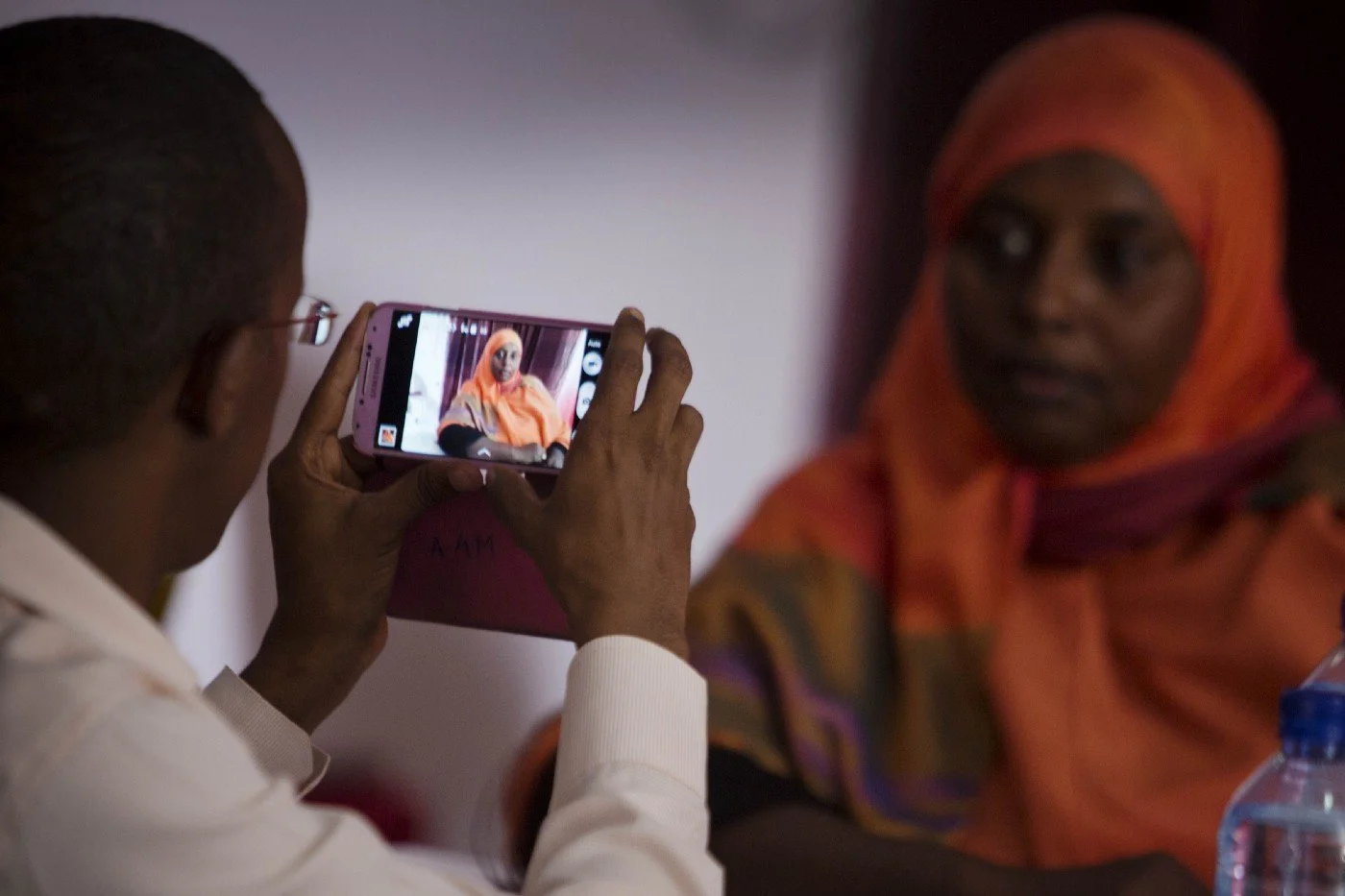
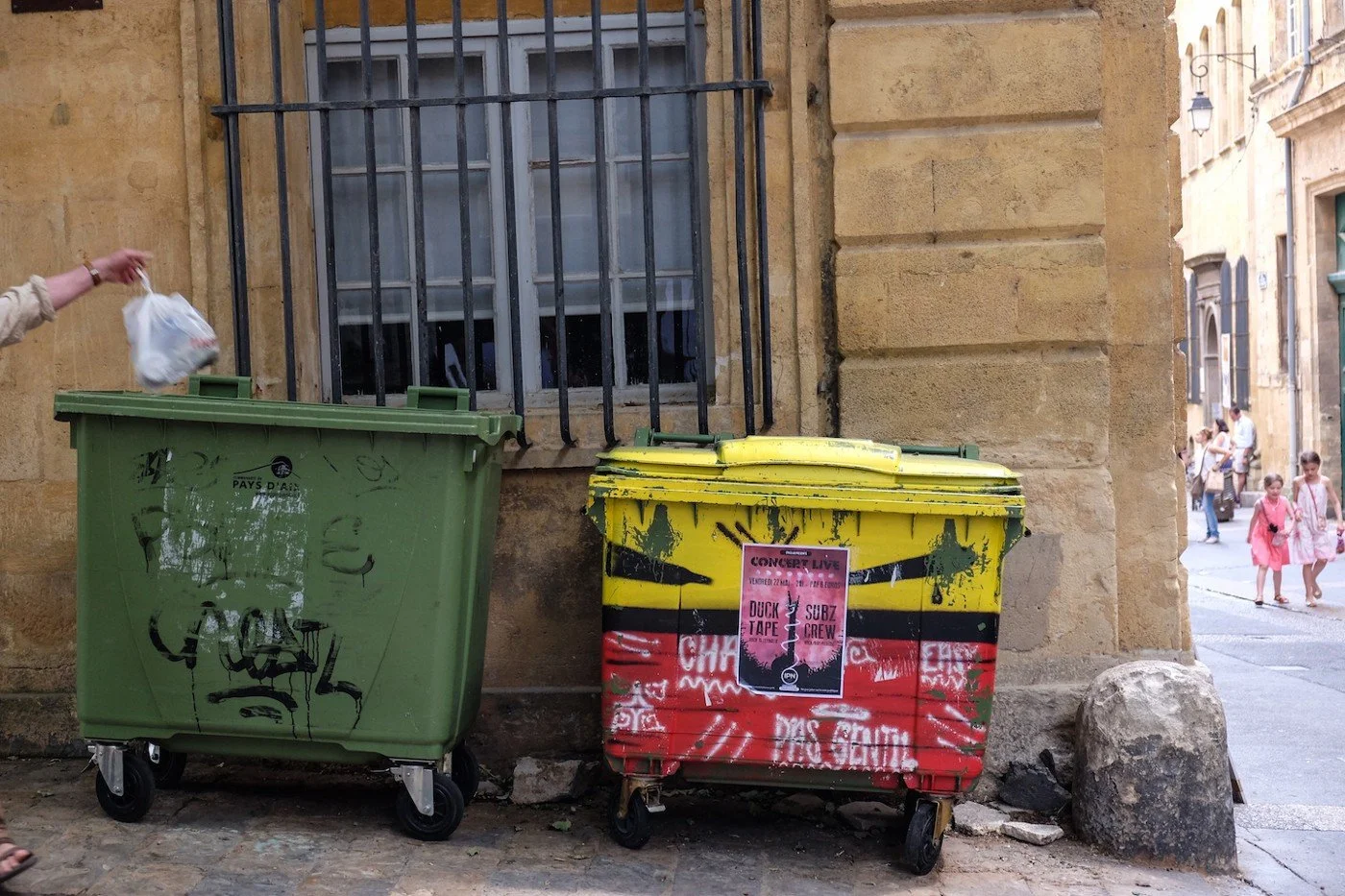
Debate is growing about ethics as concerns are raised about photographic practices across all kinds of industries, especially in light of the rise of AI-generated imagery.